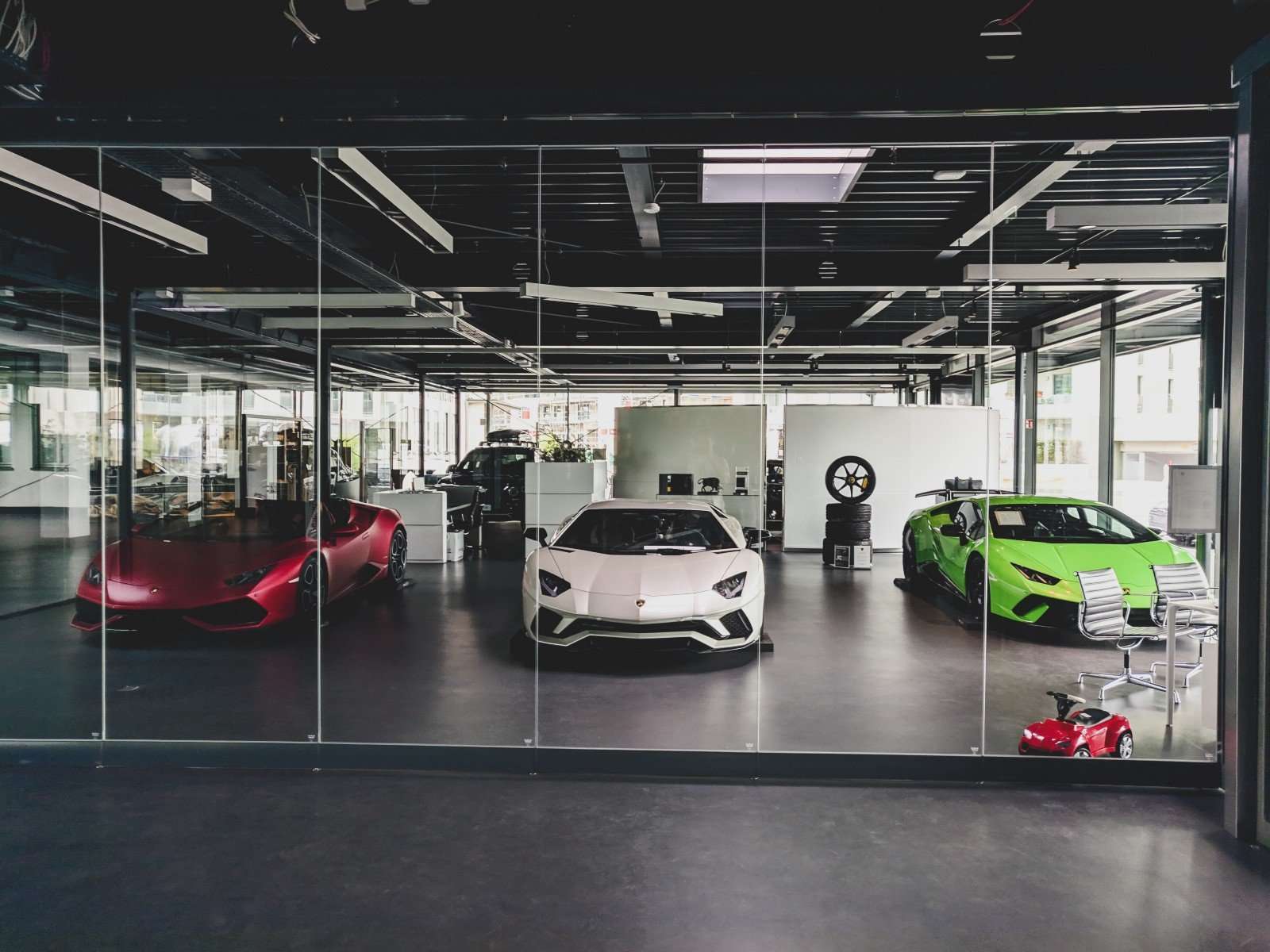

James Sunderland, MP for Bracknell, told PoliticsHome he was "concerned" an increase in the number of people who had bought cars on finance could lead more people to default on car loans and an increase in car repossessions. But really in these circumstances I don't know what the Government can do. The biggest issue at the moment has to be the Government focusing on mortgages." But the only alternative is that you have to wait longer. "If people have to give up their cars, that is a problem for mobility and the workplace and it's a problem for manufacturing for this country," they added.Īnother Tory MP added the issue could be a potential problem as consumers use car finance "nine times out of ten" when purchasing a new or second-hand vehicle. "Anything that is a sizable outgoing and a car loan is probably the second or third biggest monthly outgoing after their mortgage, it is going to put a squeeze on families. However, he added it was an issue to be concerned about. He added people with existing loans are unlikely to face higher bills in the short term as the interest rate on them will remain fixed.
#Car defaults drivers
Masson said drivers who are subprime – who have a poor credit history – will pay even higher rates on their loans in the coming years, leaving them more vulnerable to defaulting on their payments.Ī Conservative MP said there has been a shift from people owning their own cars to leasing them.
#Car defaults plus
Their car finance amount is hundreds of pounds a month, plus potentially a couple of hundred pounds a month to run the car,” he added. “Their household running costs have gone up by potentially hundreds of pounds a month. “What we are seeing anecdotally that there is evidence of people swapping whatever they can in their household budget to make sure they can keep paying their mortgage or rent and car finance. “Your household budget is being squeezed which means there is less money to go around to pay off your car finance,” Masson told PoliticsHome. The number of people taking out car loans to purchase a car has shot up from 40 per cent to 90 per cent in ten years, according to Stuart Masson, of advice website The Car Expert.

However, bank loans used to purchase a second-hand car rose substantially by 18 per cent to £23.billion – leaving £40.7 billion borrowed money in the economy.Ĭonsumers taking out new car loans will be hit by higher interest payments after buying a new car. The amount of credit taken out to buy a new car fell from £17.5billion in 2021 to £17.3billion in 2022. Its research found £41 billion of car finance debt remains in the UK economy.
#Car defaults how to
Whether it is through reducing fuel duty, or other means, it is important that the Government looks at how to lower car and driving costs for the public,” they added.īetween 20, the average loan taken out by consumers who bought a car on finance rose from £11,964 to £25,039, according to the Car Expert, a specialist data website. “We forget just how vital car travel is to individuals and families for their day-to-day lives. An increase in the Bank's rate will have a knock-on effect for people holding and taking out new loans such as mortgages and car finance payments, which already eat significantly into people's incomes.Ī Conservative source told PoliticsHome they believed the Prime Minister and senior Cabinet Ministers should pay “more attention” to the build-up of debt in the car sector. The Bank of England raised interest rates in June to 5 per cent – the highest since April 2008 – as part of efforts to tackle high inflation. A number of Tory MPs have expressed concern that the number of people defaulting on car loan repayments could spike as a result of high interest rates squeezing incomes.


 0 kommentar(er)
0 kommentar(er)
